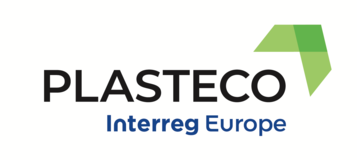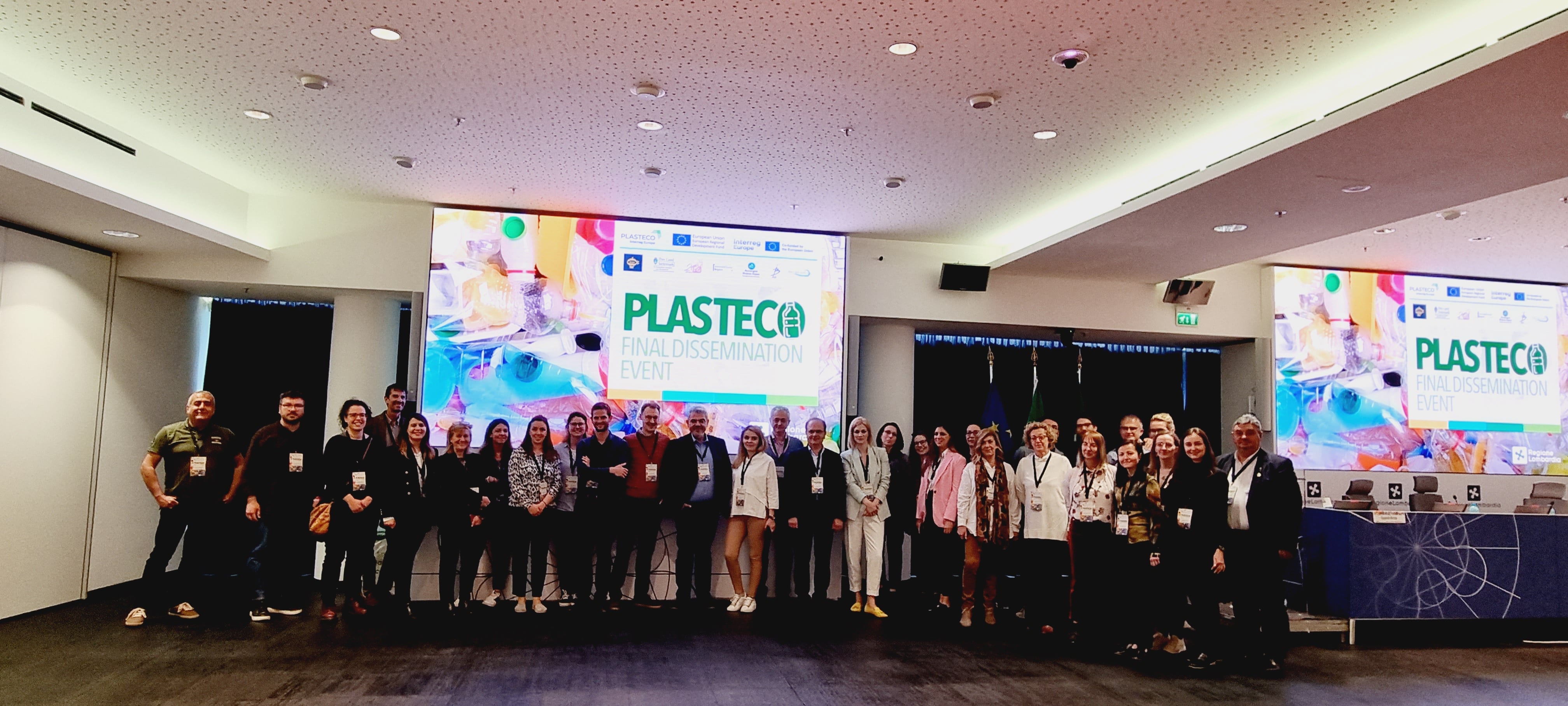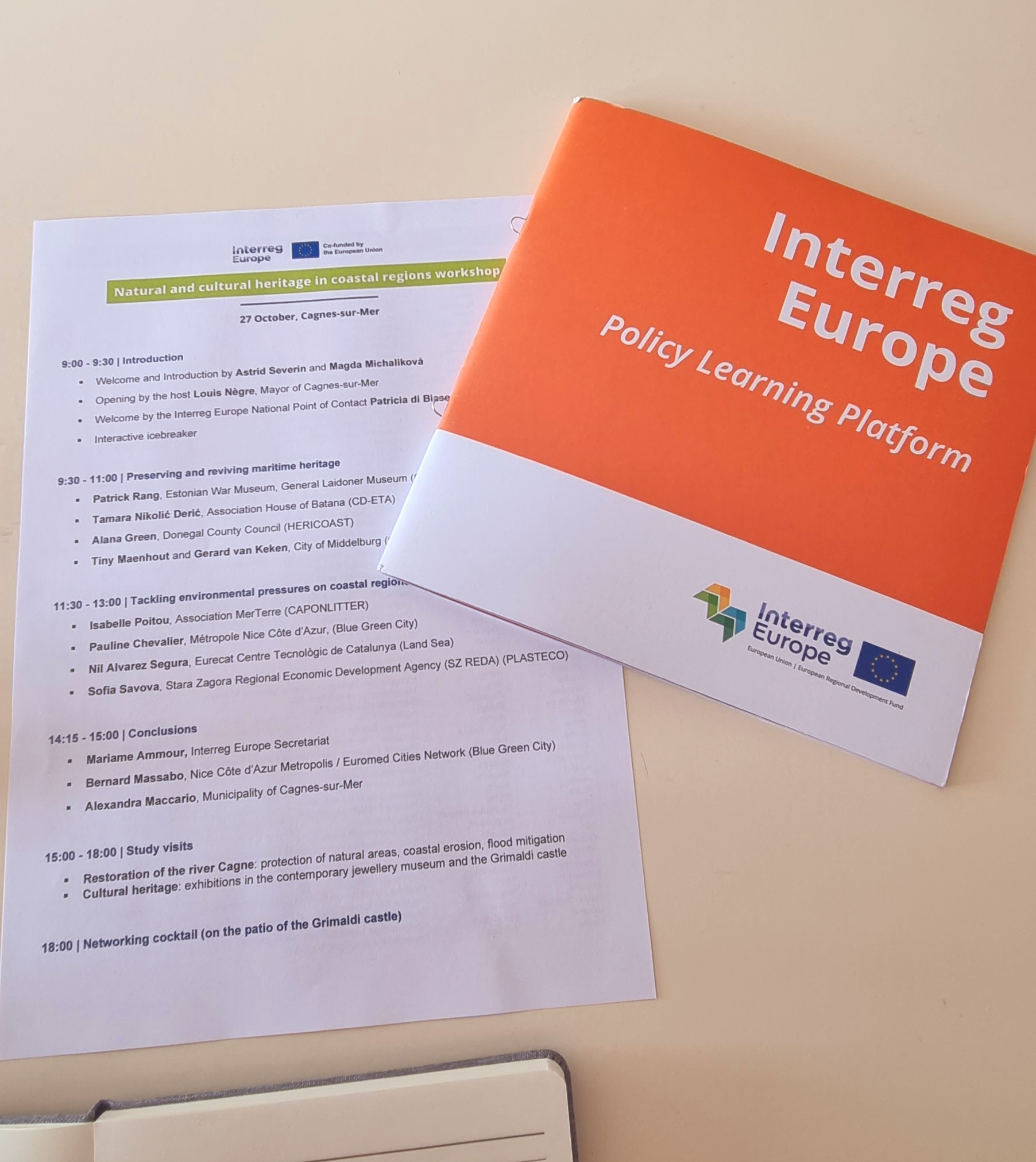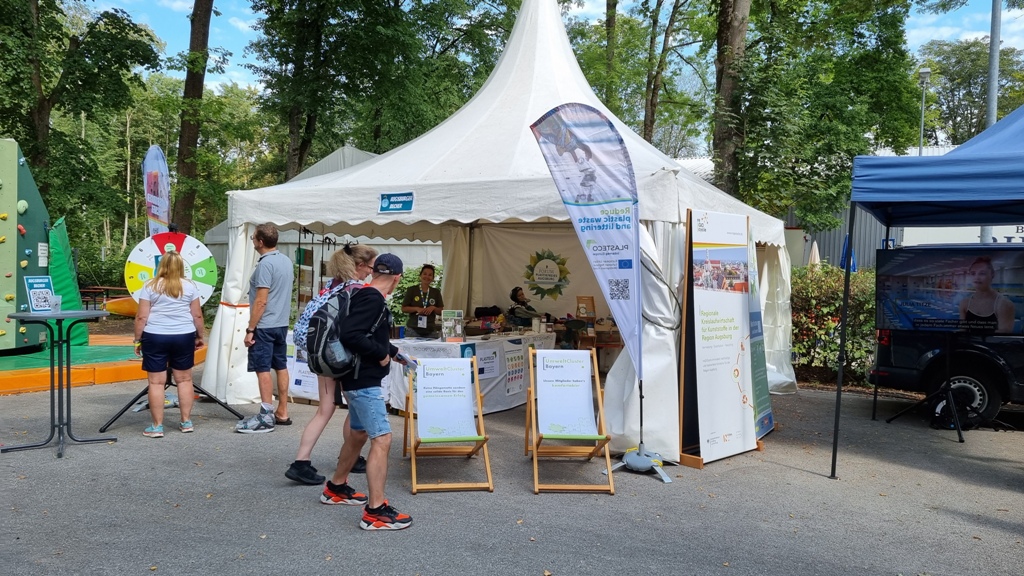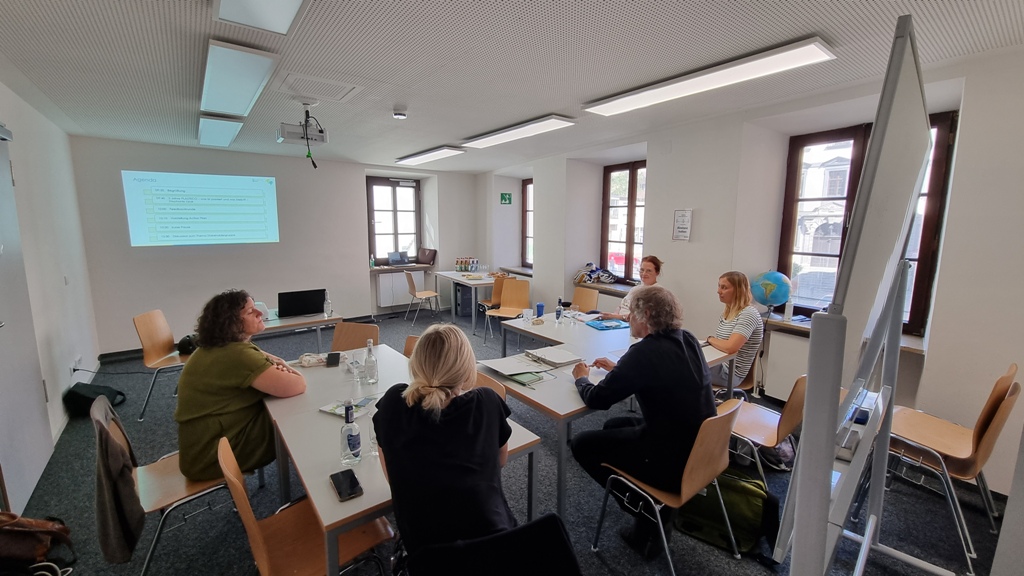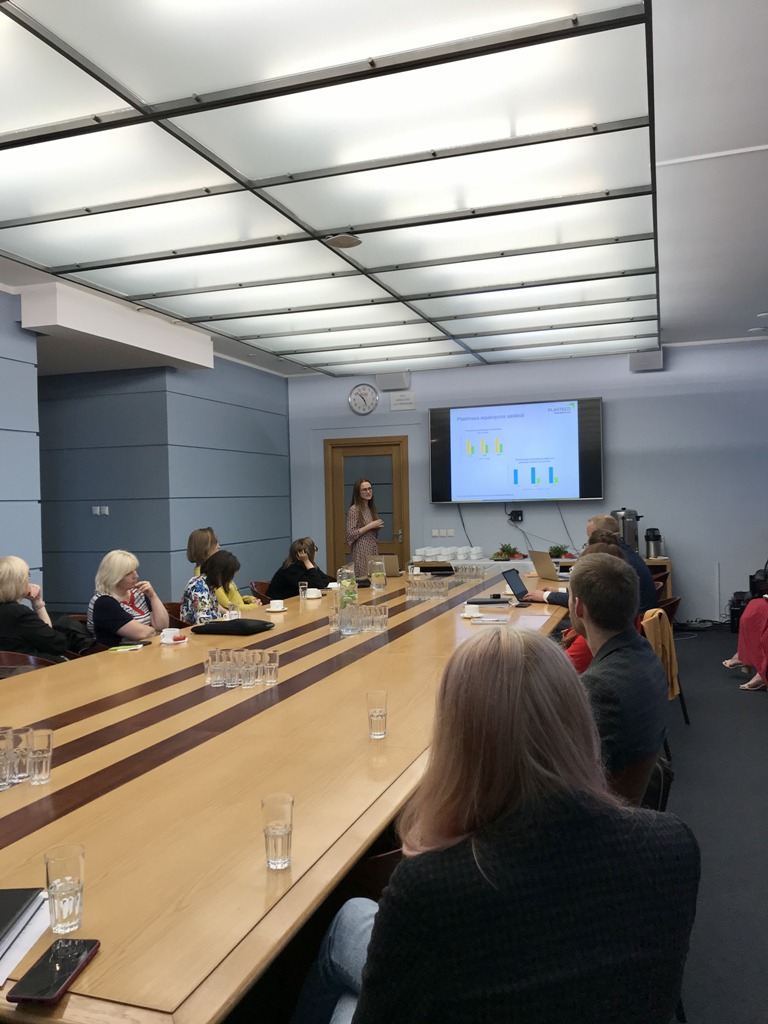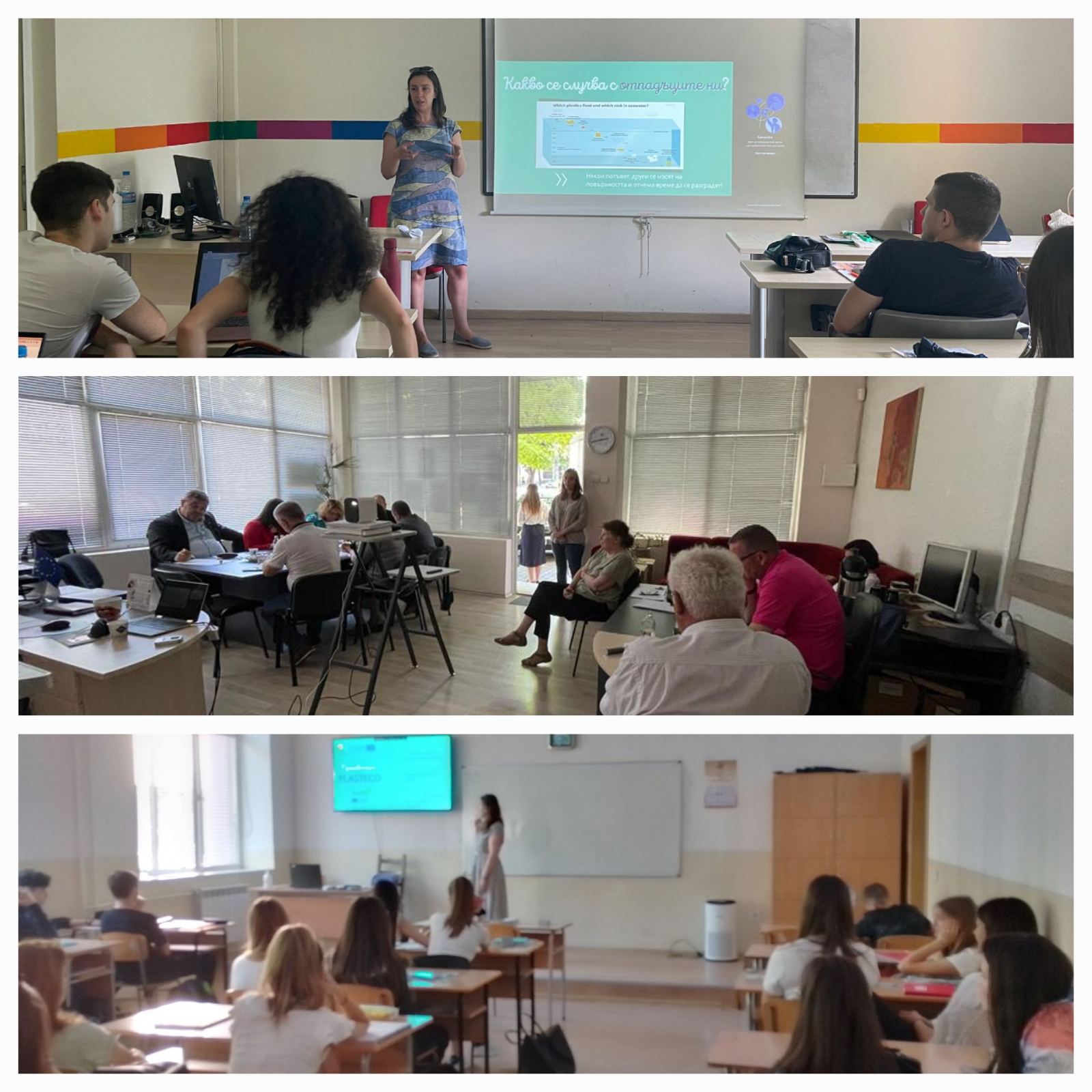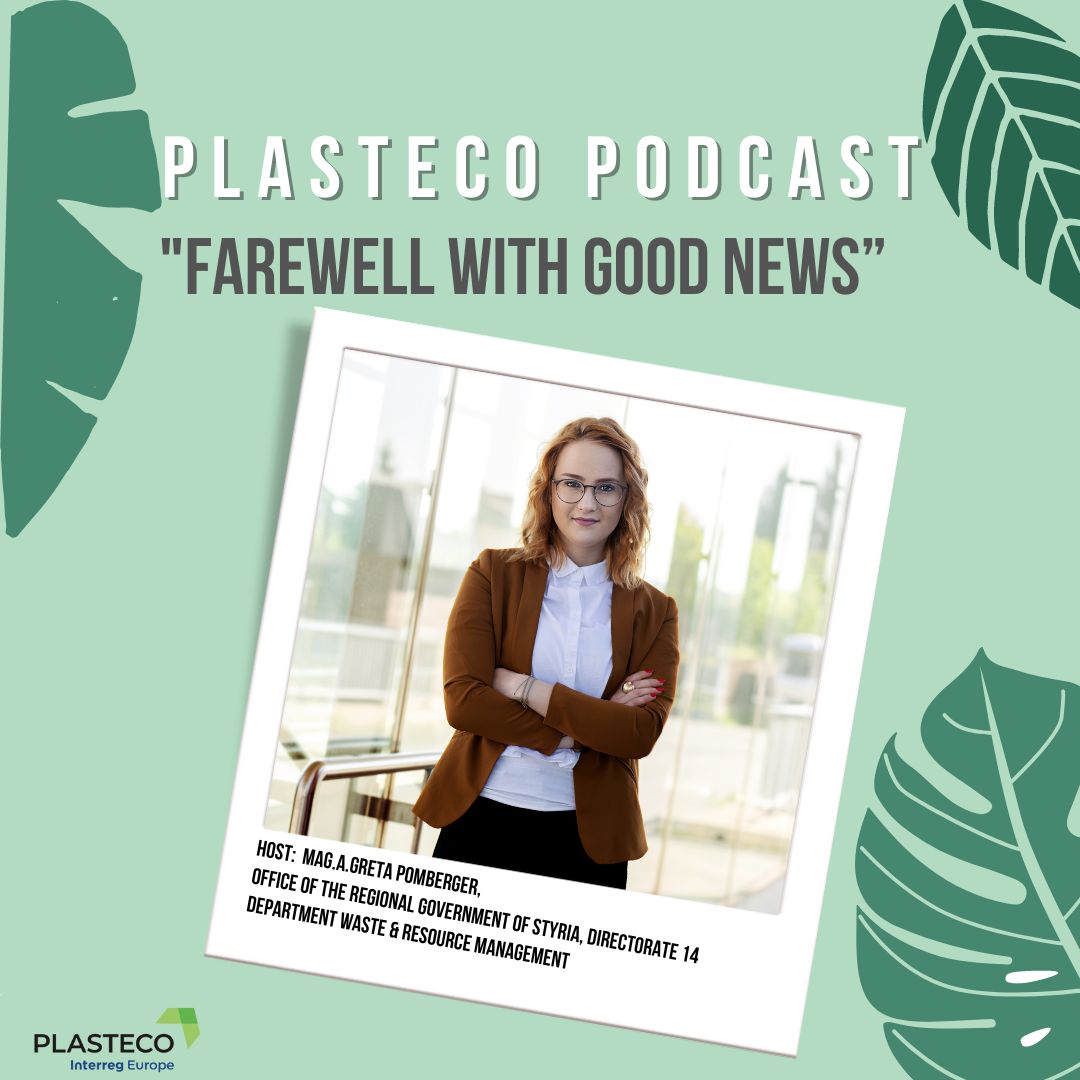At a time when the home delivery business model is growing and almost exclusively based on disposable products that produce an ever-increasing amount of waste, especially plastic waste, Brune Poirson brought the main companies together to explain the provisions of the anti-waste law that will come into force and asked them to each work on a zero waste strategy (including actions to reduce, reuse and recycle).
Brune Poirson said: With 200 million euros worth of meals delivered in 2018 alone, if we do not engage this sector resolutely in the ecological transition, then we will very quickly fall prey to their plastic waste, many of which is not recyclable. New models exist, such as the deposit box. It's time to move from disposable to reusable. They now have three months to work on it.
Several measures stemming from the anti-waste law for a circular economy will push these companies to engage in the ecological transition and the fight against plastic pollution in particular with :
The adoption of the first decree which sets targets for the reduction, reuse, recycling (3R) of single-use plastic packaging for all sectors for the period 2021-2025.
The ban on 1 January 2021 of expanded polystyrene boxes, plates, cutlery, cups and straws made of single-use plastic.
The entry into force in 2022 of the standardisation of reusable food packaging for catering (cups, plates, cutlery, etc.).
It is also planned to ban fast-food outlets from using disposable tableware for meals and drinks consumed on the premises as of 1 January 2023.
More information available here.
